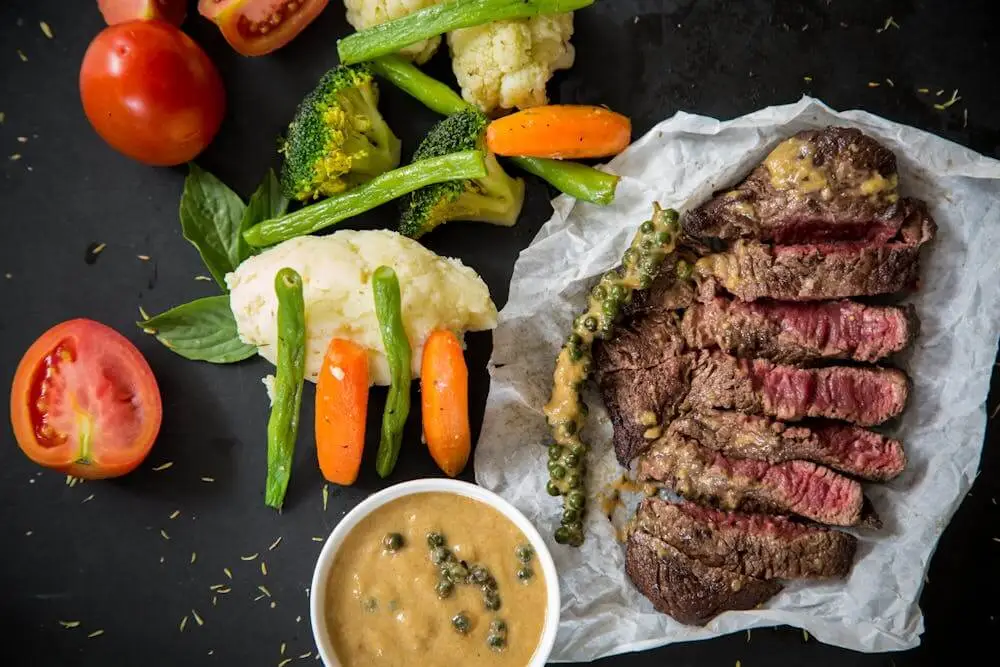Protein is not just for bodybuilders or athletes; it plays a crucial role in weight loss for anyone looking to shed extra pounds. Let’s get into the science behind https://wellhealthorganic.com/how-protein-can-help-you-lose-weight and how you can incorporate it into your diet effectively.
What is protein?
Protein is one of the three macronutrients essential for human health, alongside carbohydrates and fats. It is made up of amino acids, which are the building blocks of cells, tissues, and muscles.
Importance of protein in the diet
Protein is involved in various bodily functions, including muscle repair, immune system support, and hormone production. Consuming an adequate amount of protein is vital for overall health and well-being.
How Protein Aids in Weight Loss
Protein’s effect on metabolism
When you consume protein, your body expends more energy digesting and metabolizing it compared to carbohydrates and fats. This is known as the thermic effect of food, which can boost your metabolism and calorie expenditure.
Increased satiety and reduced calorie intake
Protein-rich foods tend to be more filling and satisfying than those high in carbohydrates or fats. By including protein throughout the day by consuming hydrating foods like fruits and vegetables, as well as herbal teas and broth-based soups. Aim to drink at least 8-10 glasses of water daily, or more if you’re physically active or live in a hot climate.
Considerations for Vegetarians and Vegans
Meeting protein needs without animal products
Vegetarians and vegans can meet their protein requirements by incorporating a variety of plant-based protein sources into their diets. Combining complementary proteins, such as beans and rice or tofu and quinoa, ensures that all essential amino acids are consumed.
Plant-based protein sources and combinations
In addition to beans, lentils, and tofu, other plant-based protein sources include tempeh, seitan, edamame, nuts, seeds, and whole grains like quinoa and bulgur. Experimenting with different protein-rich foods and recipes can help you discover delicious and satisfying plant-based meals.
Protein Timing and Distribution
Spreading protein intake throughout the day
Rather than consuming all your protein in one large meal, aim to distribute it evenly throughout the day. This approach maximizes muscle protein synthesis and satiety, keeping you feeling full and energized between meals and snacks.
Protein timing around workouts
Consuming protein before and after exercise can enhance muscle repair and recovery, especially when paired with resistance training. Aim to consume a combination of protein and carbohydrates within 30 minutes to an hour after your workout to replenish glycogen stores and support muscle growth.
Monitoring Portion Sizes
Avoiding overconsumption
While protein is beneficial for weight loss, it’s essential to monitor portion sizes to prevent excessive calorie intake. Pay attention to serving sizes and aim to include a palm-sized portion of protein in each meal, along with plenty of vegetables, fruits, and whole grains.
Importance of portion control
Even healthy foods can contribute to weight gain if consumed in large quantities. Practice mindful eating and listen to your body’s hunger and fullness cues to avoid overeating and promote sustainable weight loss.
Combining Protein with Exercise
Benefits of combining protein intake with physical activity
Regular exercise, particularly resistance training, enhances the body’s ability to utilize dietary protein for muscle repair and growth. By combining protein-rich meals with workouts, you can optimize your body composition and achieve your weight loss goals more effectively.
Optimizing protein intake for workout goals
Tailor your protein intake based on your individual fitness goals and activity levels. Those looking to build muscle may benefit from a slightly higher protein intake, while those focused on weight loss should prioritize lean protein sources and overall calorie control.
Tracking Progress and Adjusting Protein Intake
Monitoring weight loss and muscle gain
Keep track of your progress by monitoring changes in body weight, body measurements, and muscle mass over time. Adjust your protein intake as needed based on your goals and results, consulting with a healthcare professional or registered dietitian if necessary.
Adjusting protein intake based on results
If you’re not seeing the desired results, such as weight loss or muscle growth, consider adjusting your protein intake and overall dietary approach. Experiment with different protein sources, meal timings, and portion sizes to find what works best for your body and lifestyle.
Potential Pitfalls of High-Protein Diets
Kidney health concerns
While protein is essential for overall health, consuming excessively high amounts of protein can strain the kidneys and may worsen kidney function in individuals with pre-existing kidney conditions. Be mindful of your protein intake and aim for moderation rather than excessive consumption.
Risk of nutrient deficiencies
Focusing solely on protein intake may lead to imbalances in other essential nutrients, such as carbohydrates, fats, vitamins, and minerals. Ensure that your diet is well-rounded and includes a variety of nutrient-dense foods to support overall health and well-being.
Long-term sustainability
While protein-rich diets can be effective for short-term weight loss, they may not be sustainable or enjoyable in the long run. Instead of fixating on protein alone, focus on creating a balanced eating plan that includes a variety of foods and allows for flexibility and enjoyment.


















